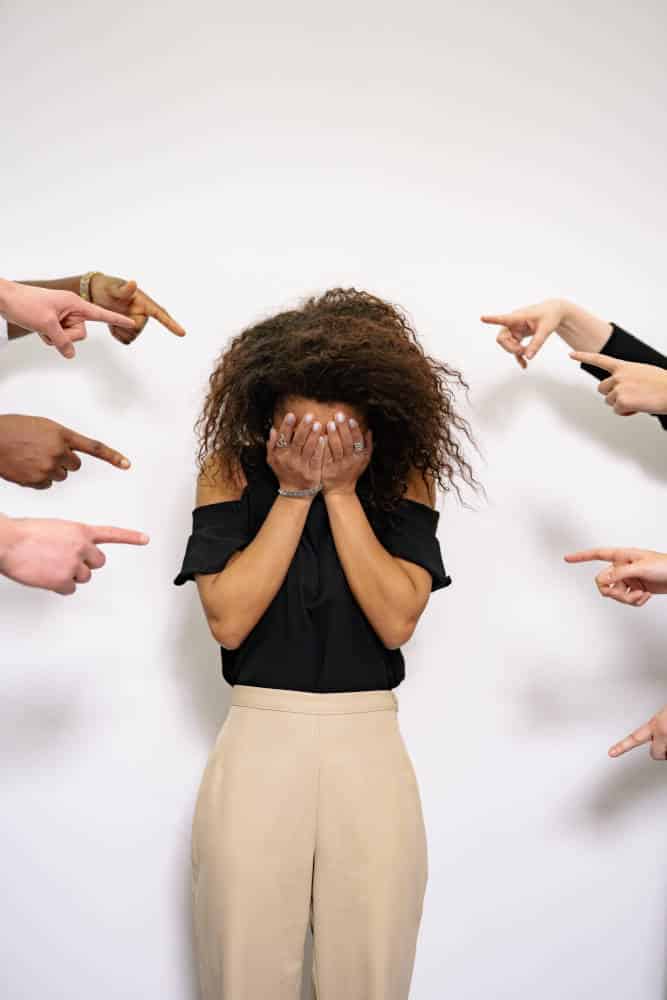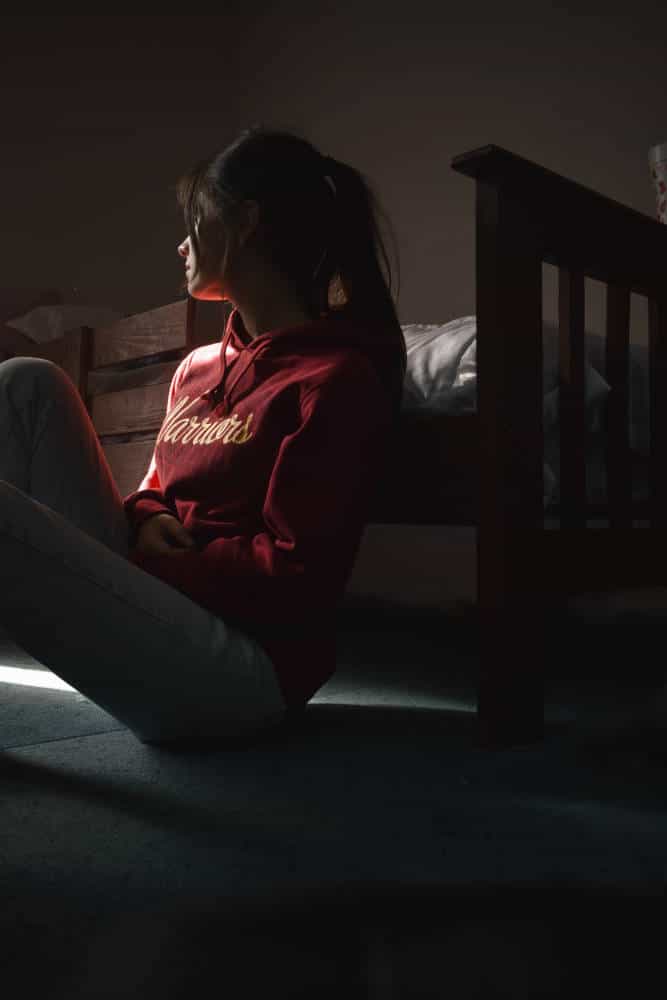
Social anxiety disorder is the intense fear of being judged, ridiculed or rejected in social situations. It’s important to distinguish between social anxiety disorder and what are natural reactions which most people experience in various situations, such as shyness and nerves. For people with social anxiety disorder, the lead up to a social event can be highly distressing, with people often making every effort to avoid attending. However, not every event or situation can be avoided, such as school/university, work, family events, a meeting, child’s party, and so on. Such distress can lead to physical symptoms, including:
- Panic attacks
- Excessive sweating
- Nausea
- Diarrhea
- Rapid heartbeat
- Difficulty breathing
The above symptoms can also occur during social situations, further intensifying feelings of anxiety as the person becomes aware that others may be noticing how anxious they are and then feel ashamed and embarrassed of their perceived weakness. Some people, for instance, may blush, have difficulty breathing or stumble over their words, resulting in further anxiety and shame. In fact, the aftermath of a perceived social failure can be rather debilitating, people often spending countless hours going over what they said, how they acted and fretting about how they came across.
Some common situations people with social anxiety disorder find difficult:
- Public speaking
- Dating
- Job interviews
- Talking to strangers
- Making and maintaining eye contact
- Eating in public
Unfortunately, such fear, if not treated, can have quite an impact on one’s life, such as failed job interviews, refusal of promotions, social isolation, strained relationships, missing excessive days of school/college and impaired mental health.
Causes of social anxiety disorder
The exact cause of social anxiety disorder is unknown but the below factors may contribute:
Health conditions – any condition which makes you feel self-conscious could, without the right support, lead to social anxiety disorder.
Genetics – If you have someone in your family who suffers from social anxiety disorder, you’re more likely to develop it yourself. As with most conditions, a genetic predisposition would be present, and its development would be dependent and influenced on environmental factors and life experiences (e.g. abuse, trauma, high stress levels etc).
Life experiences – People who experience abuse, bullying or excessive teasing are more at risk of developing social anxiety disorder. Children who grow up with controlling or overbearing parents are more at risk, as are people who grow up in families marred by excessive conflict.
Personality – Shy children are more likely to become socially anxious adults.

Dealing with social anxiety disorder
Reach out – If you experience social anxiety disorder, seeking professional support is recommended. A therapist or counsellor can help you to gain a better understanding of what you’re going through and provide you with guidance and support to reduce anxiety’s impact on your daily life.
Challenge thought patterns – the nature of our thoughts has a direct impact on how we feel. Start practicing paying attention to your thoughts. Are you catastrophising or focusing on the negative? Can these thoughts be replaced with more realistic, positive ones? I once worked with a client who was overly self-conscious about his facial expressions and mannerisms, convinced that people were judging and laughing at him behind his back. Our work in therapy consisted of challenging these fears and suspicions – Where did he learn that he had strange facial expressions and mannerisms? Had someone told him this? When he’d seen someone laughing, what certainty did he have that they were laughing at him? By questioning his thoughts rather than taking them as facts, he was less inclined to fear being judged and ridiculed.
Focus your attention outward – People with social anxiety disorder often misjudge or inflate the attention others are paying to them. The reality is that, rather than focusing on your failings, people are more likely to be concerned with how they come across or with being liked and accepted. Focusing your attention on and showing interest in other people and your surroundings can help you divert your attention away from yourself. As a consequence, your self-consciousness and anxiety would reduce.
Try calming activities – Meditation and yoga are two methods which may support you to manage your anxiety. Both use breathing techniques to calm the nervous system. They can also teach you the skill of allowing thoughts and feelings to come and go without being carried away by them.
Reduce stimulants – Caffeine can increase anxiety so it’s advisable to limit consumption of caffeine if you’re prone to anxiety. Also, try to avoid the temptation to consume drugs and alcohol to manage anxiety. Whilst you may feel calmer in the short term, such stimulants can actually cause anxiety, panic attacks, racing heartbeat and a host of other complications.






